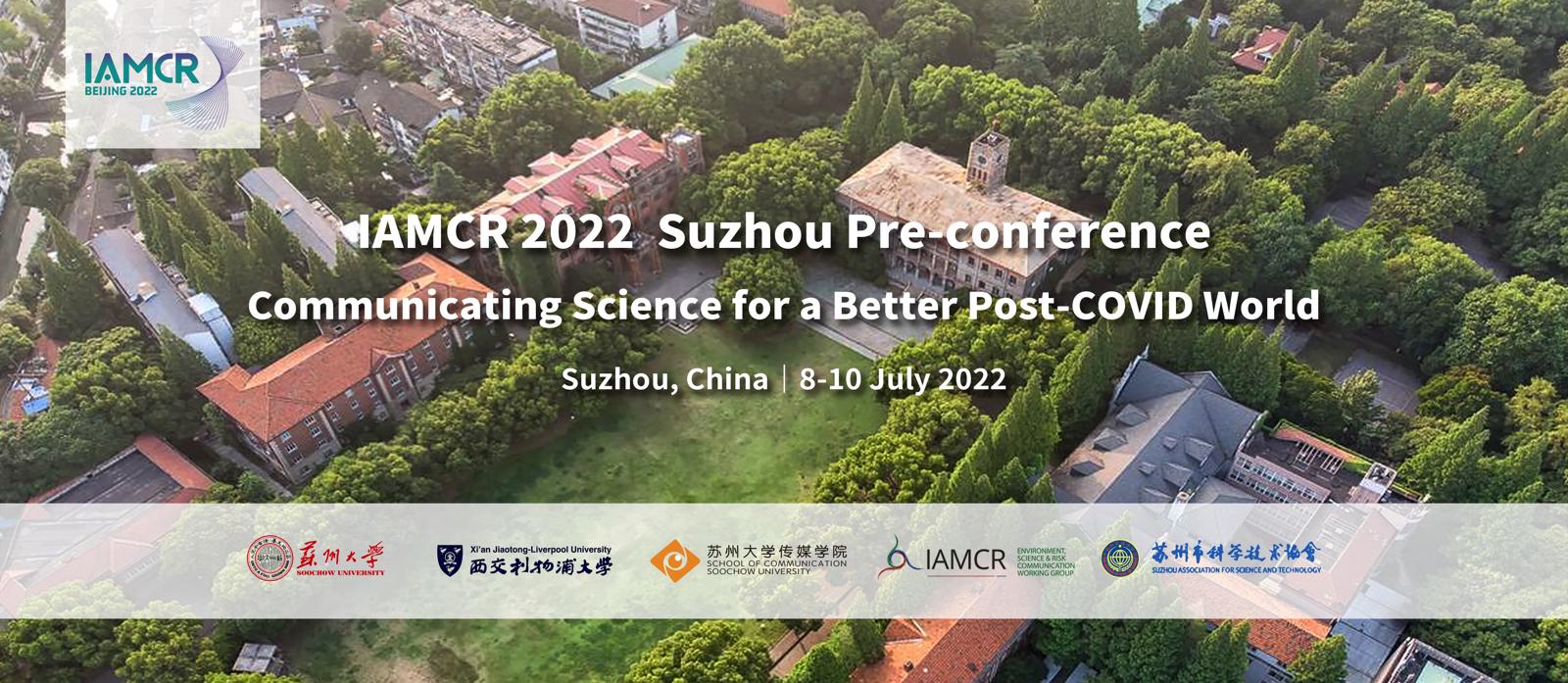New communication technologies opened up a myriad of opportunities to share science contents, in accordance to Castells’ (2011) characterization as “mass self-communication”. However, lack of an adequate regulation—particularly, resistance to acknowledge editorial responsibility by large platforms in the Silicon Valley ecosystem, as well as their interest in augmenting traffic—has had a negative consequence: the circulation of low quality contents, due to confusion or deliberate ill will. This kind of contents have been called fake news, a term than encompasses different kinds of information (Wardle and Derakhshan, 2017; Pavleska, Školkay, Zankova, Ribeiro, and Bechmann, 2021).
In Argentina as well as in most of Latin America, the field of science communication has been going through a process of professionalization and institutionalization since the early 1980s. In this process, scientists have taken an active role, along with professional science communicators. Although some of this recent history has been studied (Vara, 2015; Cortassa and Rosen, 2020; Kreimer, Levin and Jensen, 2011), there is still little research done regarding the response of the science communication community to the challenge that new technologies pose in terms of quality of the science contents.
In this presentation, we intend to analyze the project ‘Ciencia Anti Fake News’, led by a group of scientists at the National Scientific and Technical Research Council (CONICET), Argentina, as well as of other collaborators from different institutions. We think it represents an early and consistent response with the purpose of refuting misleading information, and of offering trustworthy information to the population, taking into account its needs during the COVID-19 pandemic, within a context of fake news proliferation in new and traditional media. This self-managed project is emblematic of the communicational efforts linked to fact-checking, although its actions go beyond this kind of work. We analyze the origins of the project, its goals, initial organization and participants, as well as its way of working and institutional relationships, particularly in relation to health risk communication.

 京公网安备 11010802039275号
京公网安备 11010802039275号